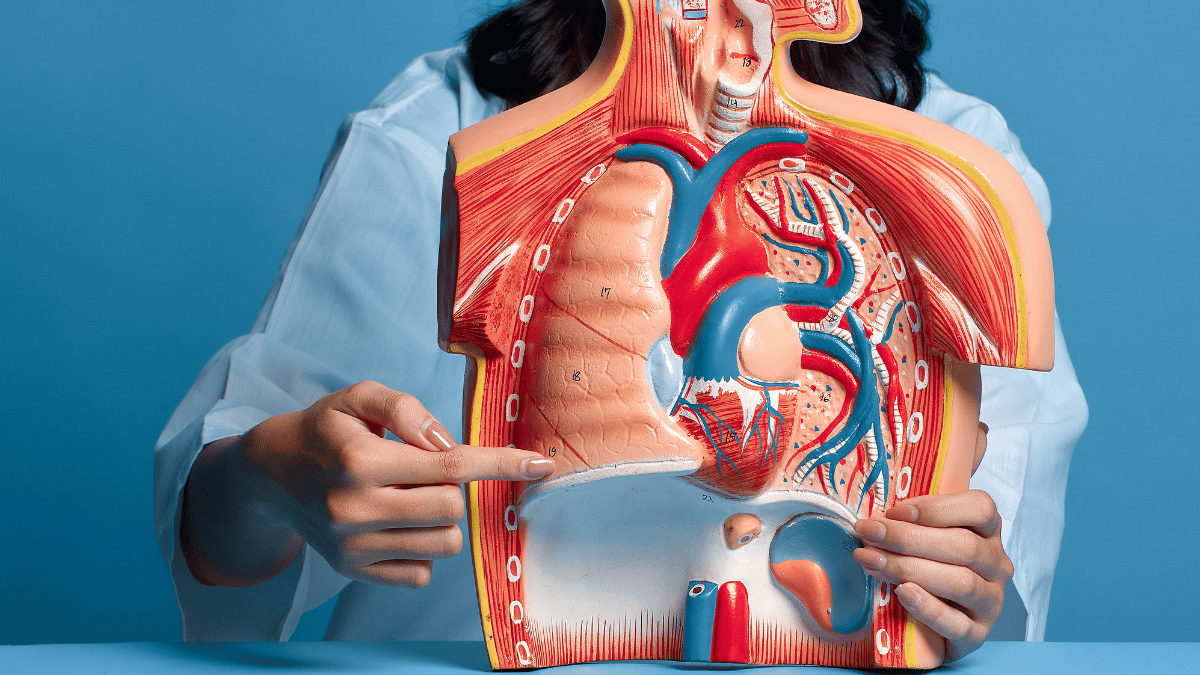Maintaining optimal lung health is crucial for overall well-being. Our lungs are vital organs responsible for oxygenating our blood and expelling carbon dioxide. However, exposure to pollutants, smoking, and other environmental factors can impact lung function. Fortunately, there are natural ways to cleanse and rejuvenate your lungs, helping to improve respiratory health and enhance your quality of life.
7 Steps for Natural Methods to Cleanse Your Lungs
Hydration
Hydration is fundamental to overall health, including lung health. Drinking ample water helps keep the mucous membranes in your lungs hydrated, which is essential for effective mucus clearance. Aim to drink at least 8 glasses of water a day to support your body’s natural detoxification processes and ensure your lungs remain moist and efficient.
Deep Breathing Exercises
Deep breathing exercises are a simple yet powerful way to cleanse your lungs. Techniques such as diaphragmatic breathing and pursed-lip breathing can improve lung capacity and strengthen respiratory muscles. Here’s how to do it:
- Diaphragmatic Breathing: Sit or lie down comfortably. Place one hand on your chest and the other on your abdomen. Inhale deeply through your nose, allowing your abdomen to rise while keeping your chest relatively still. Exhale slowly through your mouth. Repeat several times a day.
- Pursed-Lip Breathing: Inhale through your nose for two counts, then exhale slowly through pursed lips for four counts. This technique helps keep your airways open longer, making it easier to expel air and reduce shortness of breath.
Lung-Friendly Foods
Incorporating certain foods into your diet can support lung health. Focus on:
- Fruits and Vegetables: Citrus fruits (like oranges and grapefruits) are rich in Vitamin C, which helps reduce inflammation. Leafy greens (such as spinach and kale) contain antioxidants that combat oxidative stress.
- Ginger and Turmeric: Both have anti-inflammatory properties that can help soothe the respiratory system. Consider adding fresh ginger or turmeric to your meals or teas.
- Garlic: Known for its immune-boosting properties, garlic can help fight infections and reduce inflammation in the lungs.
Herbal Remedies
Herbal remedies can also play a role in lung cleansing. Some effective herbs include:
- Peppermint: Contains menthol, which helps relax the muscles of the respiratory tract and facilitates easier breathing. Peppermint tea or inhaling peppermint essential oil can be beneficial.
- Thyme: Known for its antimicrobial properties, thyme can help with respiratory infections. It can be used as a tea or added to soups and stews.
- Eucalyptus: Often used in steam inhalation, eucalyptus oil can help open airways and ease respiratory congestion.
Regular Exercise
Exercise is essential for maintaining lung health. Activities that get your heart rate up and require you to breathe deeply, such as running, swimming, or cycling, can enhance lung function and increase lung capacity. Aim for at least 30 minutes of moderate exercise most days of the week to improve respiratory efficiency and overall fitness.
Steam Inhalation
Steam inhalation is a simple method to help clear your lungs. The warm steam helps loosen mucus and can provide relief from congestion. Here’s how to do it:
- Boil a pot of water and pour it into a bowl.
- Place your face over the bowl and cover your head with a towel to trap the steam.
- Inhale deeply for 10-15 minutes. You can add a few drops of eucalyptus or peppermint oil to the water for added benefits.
Reducing Exposure to Pollutants
Minimizing exposure to environmental pollutants is crucial for lung health. Here are some tips:
- Avoid Smoking: Smoking is one of the leading causes of lung damage. Quitting smoking can significantly improve lung health and reduce the risk of chronic respiratory diseases.
- Use Air Purifiers: Invest in air purifiers to reduce indoor pollutants and allergens. Regularly clean and maintain these devices to ensure they are effective.
- Ventilate Your Home: Ensure proper ventilation in your home by opening windows and using exhaust fans to reduce indoor air pollution.
Lifestyle Tips for Maintaining Lung Health

Quit Smoking
Smoking is highly detrimental to lung health, contributing to chronic obstructive pulmonary disease (COPD), lung cancer, and other serious conditions. If you smoke, seek resources and support to help you quit. Your lungs will start to heal and function better as you move away from smoking.
Improve Indoor Air Quality
Enhancing your indoor air quality can significantly benefit your lungs. Consider the following:
- Houseplants: Certain plants, like spider plants and peace lilies, can help filter indoor air pollutants.
- Regular Cleaning: Dust and vacuum regularly to minimize dust and allergens in your home.
- Avoid Indoor Pollutants: Be cautious with the use of harsh chemicals and aerosols. Opt for natural cleaning products and ensure proper ventilation.
Conclusion
Incorporating these natural methods into your routine can help cleanse and maintain healthy lungs. Staying hydrated, practicing deep breathing exercises, eating lung-friendly foods, using herbal remedies, engaging in regular exercise, and minimizing exposure to pollutants are all effective ways to support respiratory health. By making these lifestyle adjustments, you can enhance your lung function and overall well-being.
FAQ ON LUNGS CLEANSE
How often should I do deep breathing exercises?
Aim to practice deep breathing exercises daily, ideally several times a day, to maximize benefits for your lung health.
Can herbal remedies replace medication for lung conditions?
Herbal remedies can complement conventional treatments but should not replace prescribed medications. Always consult with a healthcare provider before making changes to your treatment plan.
What are some immediate benefits of steam inhalation?
Steam inhalation can provide immediate relief from congestion, reduce inflammation, and help with mucus clearance. It can also soothe irritated airways.
How can I reduce indoor air pollution without using an air purifier?
Improve indoor air quality by regularly cleaning your home, using natural cleaning products, ensuring proper ventilation, and using houseplants that filter air pollutants.



